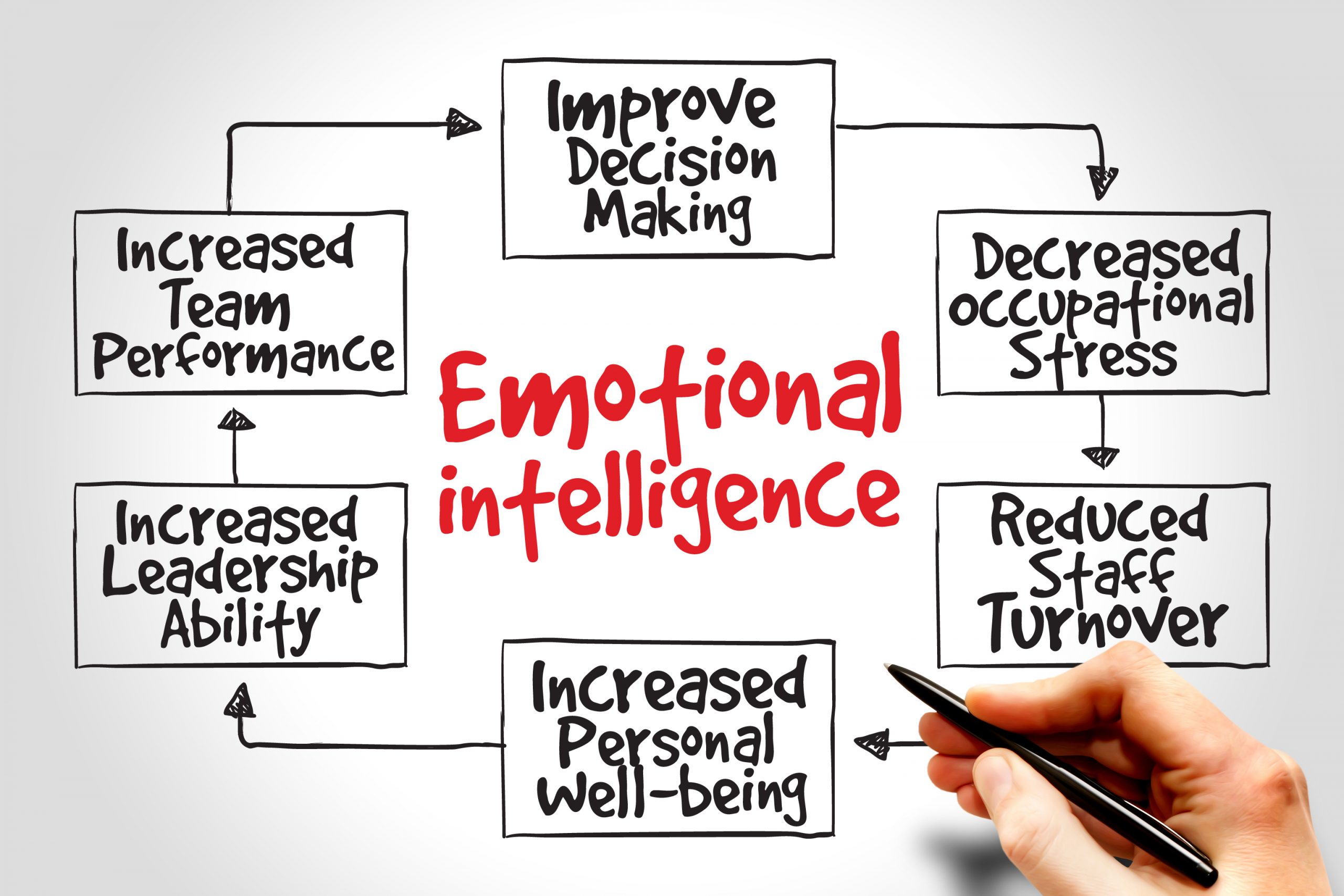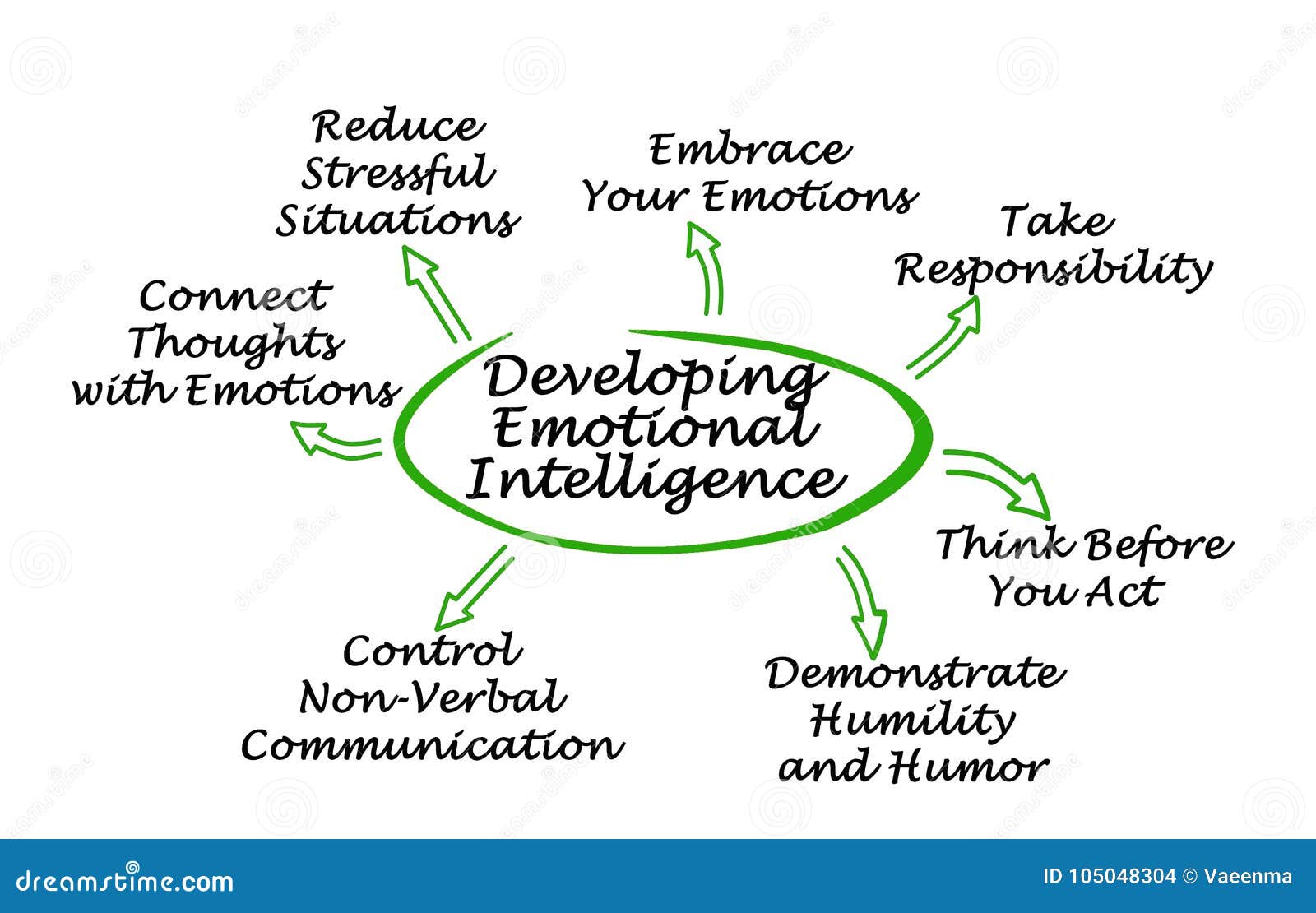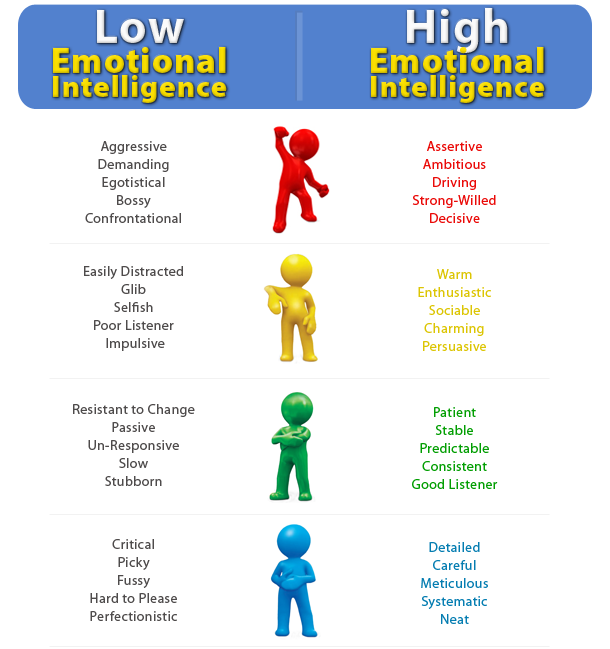Ideal Info About How To Develop Emotional Intelligence In Children

A child capable of smoothly navigating changes in routines, or handling.
How to develop emotional intelligence in children. Or you were given a look that made you draw everything inside and push them down deep. You might have gotten shut down and told to stop crying. These are programs for teaching reading, learning foreign languages , and mastering numeracy.
Perhaps as a child, you learnt that it wasn’t safe to express your feelings. Today, parents give great importance to the intellectual development of the child. The child familiarizes with the names of emotions, learns how to identify them in others, and finds out ways of overcoming anger and aggression.
These 17 emotional intelligence exercises [pdf] will help others strengthen their relationships, lower stress, and enhance their wellbeing through improved eq. How to raise an emotionally intelligent child. The first way is repression.
6 tips for helping your child build emotional intelligence 1. It all begins in the family, where children learn patterns of behavior and ways to manage emotions. Samuel is struggling with his math homework.
This becomes an obstacle for him on the way to achieving his goals. 19+ innovative ways to teach emotional intelligence to kids 7 games for emotional intelligence in children. In general, children copy their parents' behaviors, so the power of example is very important.
This has been one of the most enjoyable fight camps i’ve experienced thus far! Teaching children to recognise their feelings. Most relevant is selected, so some comments may have been filtered out.
But one of the most influential theories on the topic is that of psychologist dr daniel goleman, ph.d. When we dig a little deeper, it becomes clear that the sore belly is an indication of a strong emotion. Practice reading emotions in others.
There are things you can do to develop your child’s emotional intelligence. Emotional intelligence enables students to have positive interactions with others, to anticipate their feelings and to experience appropriate levels of empathy. For this, many programs have been developed aimed at teaching children from an early age.
Here is an example of how. Being able to recognise your own feelings indicates good emotional intelligence. Helping kids to identify different emotions “miss my belly hurts” is a common phrase in any elementary classroom.
There's an issue and the page could not be loaded. Help your child be aware of emotions. This helps normalize discussing emotions, making it more natural for your child to do the same.
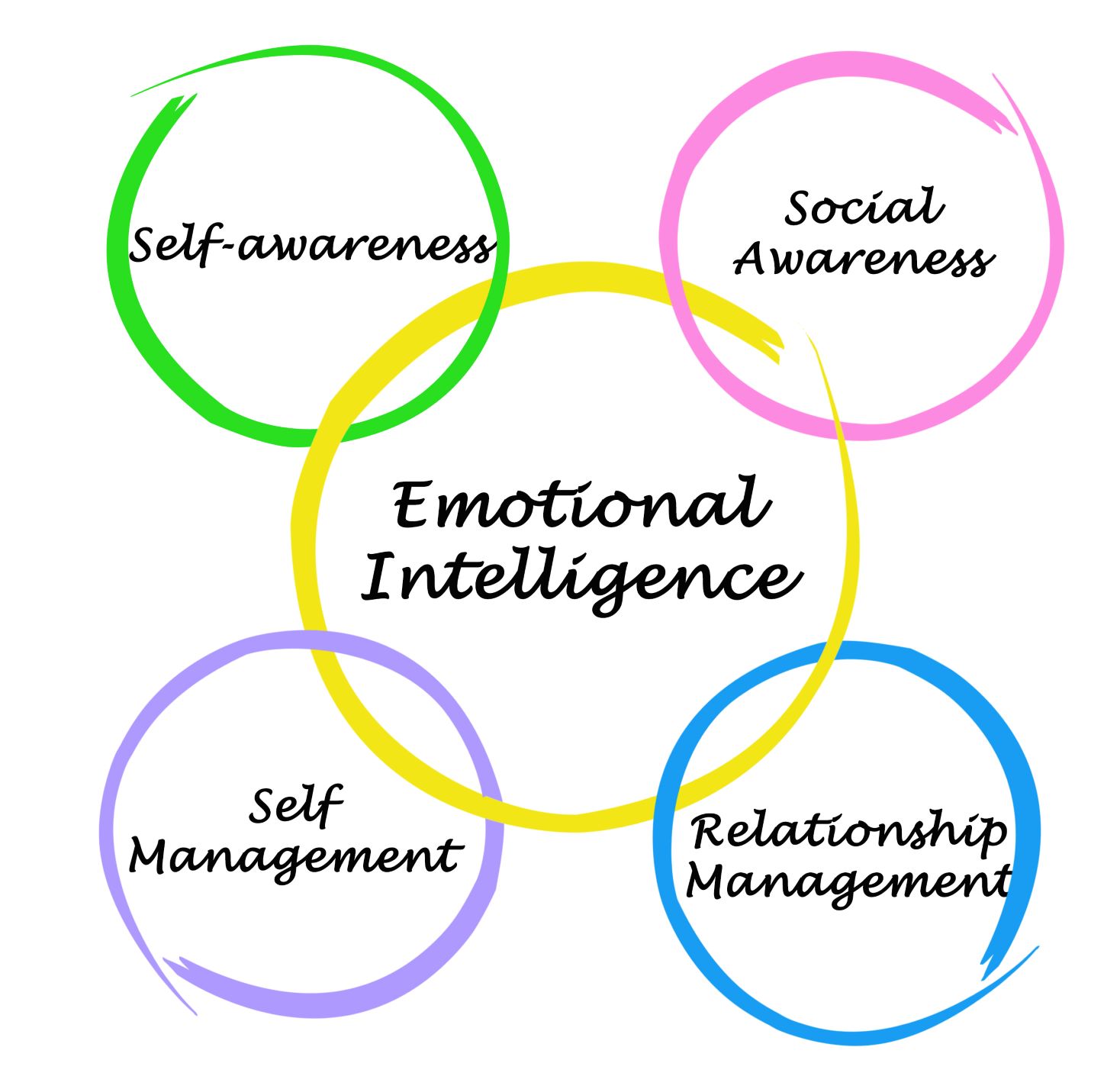

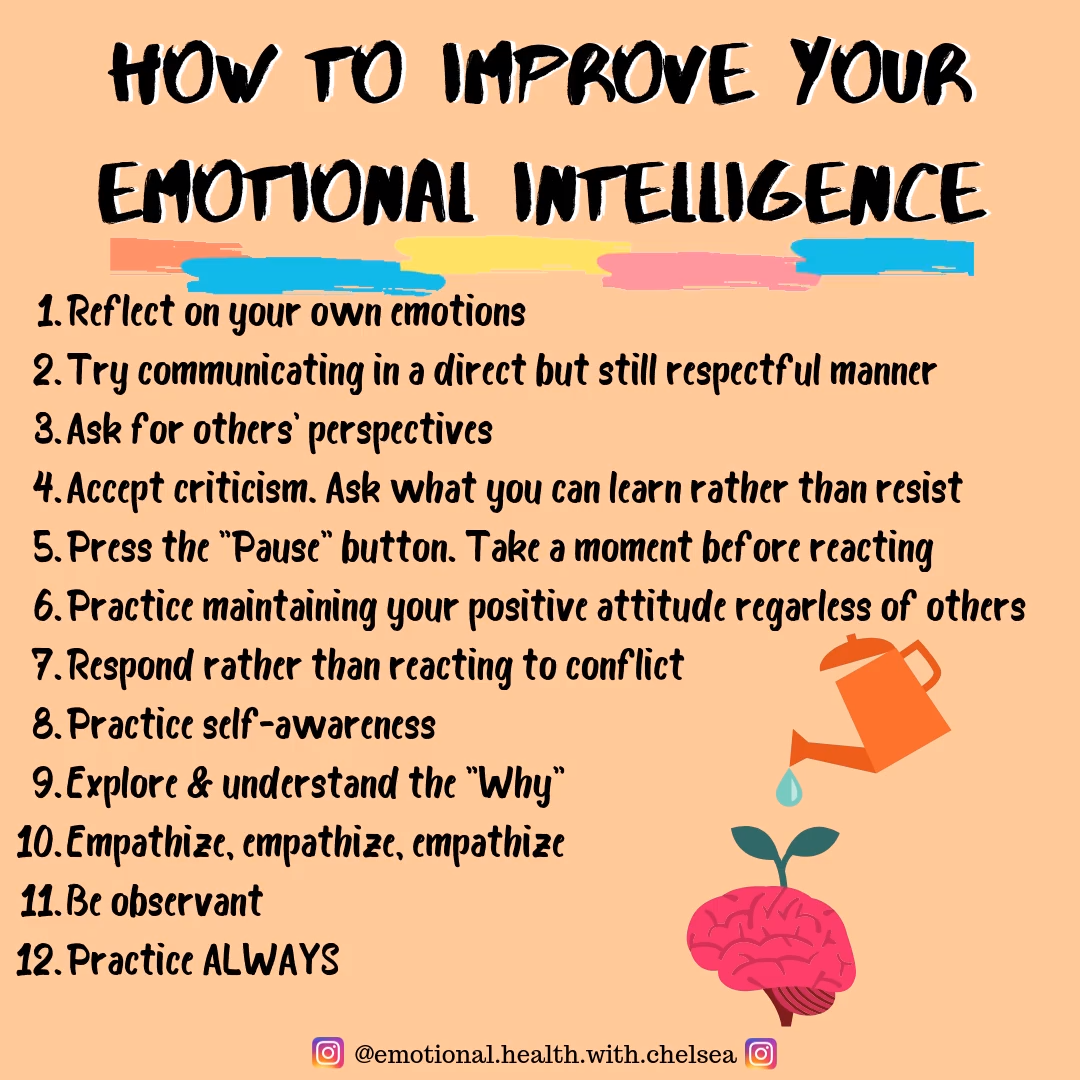


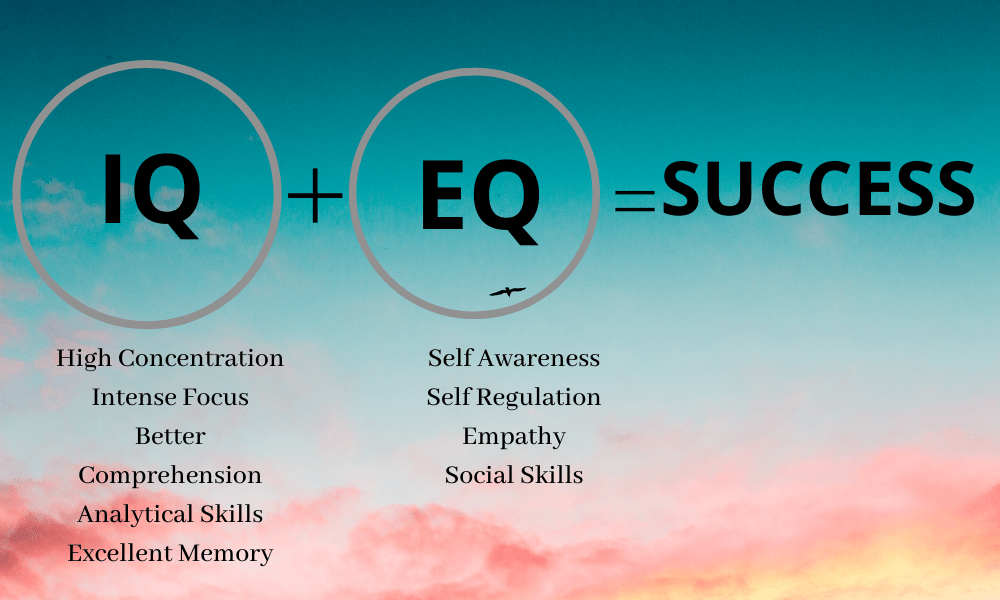





:max_bytes(150000):strip_icc()/tips-for-raising-an-emotionally-intelligent-child-4157946_final-4688a139eee44853b2cb31251f80a993.png)



